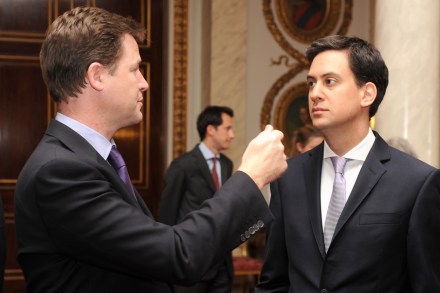Which amendments to the NHS bill would the government accept?
The Lords has been debating the Owen/Hennessy amendment to the NHS bill, which threatens to upset the coalition. Owen and Hennessy have called for the bill to be referred to an extraordinary committee, which would report by 19 December, and they insist that the secretary of state must remain ultimately responsible for services. Lord Howe opened for the government and spoke of the need to delegate power away from the secretary of state. The he added: ‘We are unequivocally clear that the Bill safeguards the Secretary of State’s accountability. However we are willing to listen to and consider the concerns that have been raised and make any necessary amendment to put

















